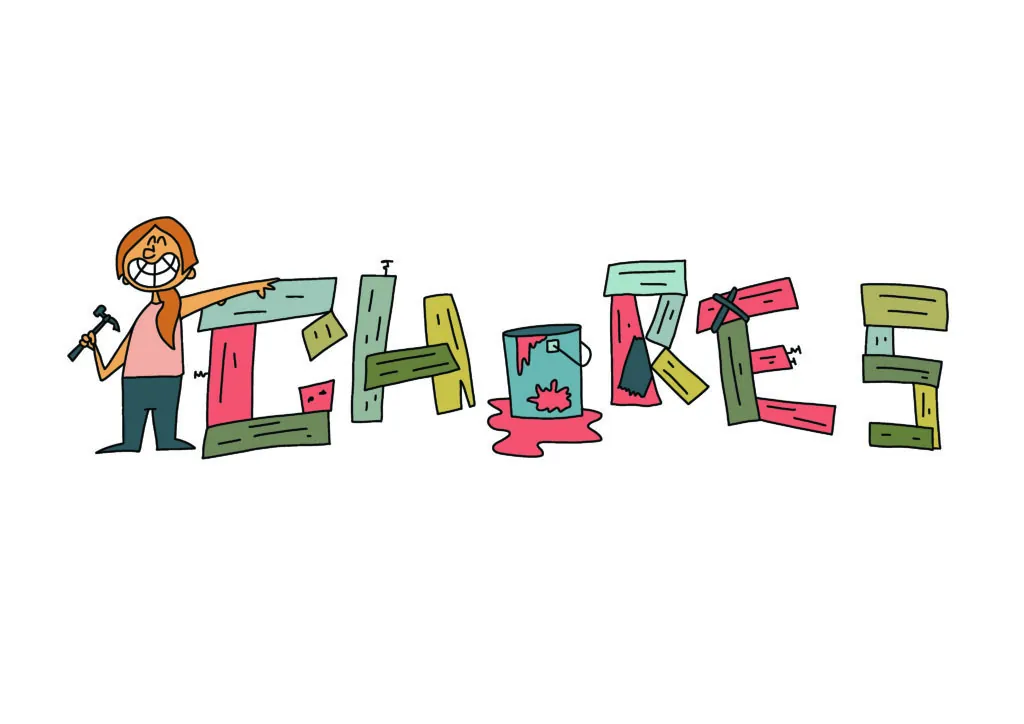The social media app TikTok has exploded in popularity. Sensor Tower analytics reports that since the start of 2019 the app has doubled its downloads, from one to two billion on the App Store and Google Play. Some of the growth seems due to the global pandemic, with Sensor Tower reporting the 315 million downloads last quarter were the most “for any app ever in a quarter.”
While TikTok is right up there with Instagram and Snapchat for the under 21 crowd, it is far less popular with those over 30. That means many parents, including those with teens already using it, may not be familiar with the app.
So what is TikTok? One way to understand it might be by way of comparison: what Twitter is to Facebook, TikTok is to YouTube – a slimmed-down version. Like YouTube, TikTok is a video site, but TikTok specializes in shorter clips, with many just 15 seconds, and the vast majority at 60 seconds or less. Aside from the shorter video length, what sets TikTok apart is the ease with which content can be created. A built-in editor allows TikTok’s young users to create their own homemade dance videos, lip-syncs, prank clips, challenges, fails, and other comedic bits.
What parents need to understand is that because anyone can make videos, every bit of juvenile humor ever known to boykind, has now been captured in video form. Yes, YouTube has lots of crass stuff too, but whereas 13-year-old Tommy probably wouldn’t go to the effort of uploading his fart joke to YouTube, he can now capture and share it on TikTok with only minimal effort. Another difference: even at its best, TikTok is trivial. Its shorter video length can capture the cute or the crude, the clever and also the crass, but it doesn’t really allow for the educational, or anything profound.
Troublesome content is one concern, but parents need to be wary from a production perspective too. Because anyone can create videos, your children can too. If your daughter has had problems fitting in or getting bullied at school, imagine the problems that could occur if she put herself out there on TikTok for the masses to evaluate. What could that sort of peer pressure prompt her to do? And how would your son respond if he posted an attention-seeking video and instead the trolls came after him?
If this topic has you intimidated and you don’t know how you’ll get up to speed on TikTok, one great place to go is Axis.org. The folks at Axis understand that teen culture is hard to keep up with, so they’ve crafted all sorts of short “cheat sheets” to help parents out. They’ve tackled not just social media apps, but also hit TV shows, the latest bands and books and more. Axis is Christian and conservative (though not specifically Reformed) and the half dozen resources I’ve purchased I’ve been very happy with. Like their other materials, their 15-page “A parent’s guide to TikTok” is concise, but also has plenty of helpful links to allow for deeper digging. And at just $4 it is very affordable. You can check them out at Axis.org.











